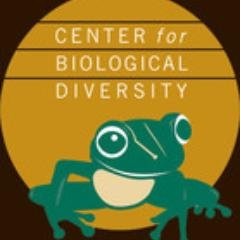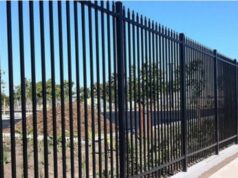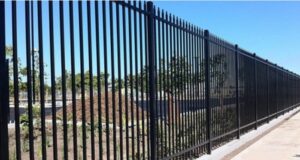Lawsuit Launched Challenging Texas Highway Project’s Threat to Endangered Salamanders
AUSTIN, Texas — (RealEstateRama) — The Center for Biological Diversity and Save Our Springs Alliance today filed a notice of intent to sue the Texas Department of Transportation and U.S. Fish and Wildlife Service over an Austin highway construction project’s threats to the federally endangered Austin blind and Barton Springs salamanders.

The conservation groups recently learned that the MoPac Intersections Project has exposed at least 21 underground caves, sink holes and other karst features that provide habitat for the endangered salamanders. There is a high risk that construction will pollute the two species’ habitat by introducing silt and pollutants to the subsurface. The project is being built across the environmentally sensitive Barton Springs Edwards Aquifer Recharge Zone in southwest Austin.
“Ripping open these caves to build the Intersections Project has created a huge pollution threat to Austin’s endangered salamanders,” said Jenny Loda, a Center biologist and attorney dedicated to protecting rare amphibians and reptiles. “We’re outraged that TxDOT is failing to use agreed-upon conservation measures that could reduce water pollution risk and harm to these highly imperiled creatures.”
The new information about the high numbers of karst features discovered and TxDOT’s failure to fulfill its required conservation measures triggers a legal requirement to “reinitiate consultation.” That would involve taking another look at the risks to the salamanders and developing further measures to minimize that risk.
By failing to reinitiate consultation and continuing work on the Intersections Project, TxDOT is failing to ensure the project would not jeopardize the survival of these endangered species, in violation of the Endangered Species Act.
“The failure by Texas officials to reopen consultation discussions with federal wildlife experts on this project reflects their pattern of incomplete and woefully deficient evaluations of the environmental effects of highway projects in the Barton Springs Recharge Zone,” said Kelly Davis, an attorney with Save Our Springs Alliance. “Unchecked sprawl and transportation projects have already pushed these salamanders toward extinction. It’s crucial to ensure that new highway projects are not accelerating the threats that are quickly wiping them out.”
Central Texas’ Edwards Aquifer region provides habitat for more than 50 species of animals and plants, many of which live nowhere else in the world. Since the Edwards Aquifer also provides much of San Antonio’s water supply and numerous people in fast-growing communities in Hays and southern Travis Counties rely on the aquifer for their drinking water, the cleanliness of the aquifer is a critical issue for people as well as wildlife.
The Center for Biological Diversity is a national, nonprofit conservation organization with more than 1.4 million members and online activists dedicated to the protection of endangered species and wild places.
Save Our Springs Alliance is an environmental nonprofit organization based in Austin, Texas dedicated to protecting the Edwards Aquifer, its springs and streams, and the natural and cultural heritage of the Texas Hill Country.
Contacts:
Jenny Loda, Center for Biological Diversity, (510) 844-7100 x 336,
Kelly Davis, Save Our Springs Alliance, (512) 300-4598,















